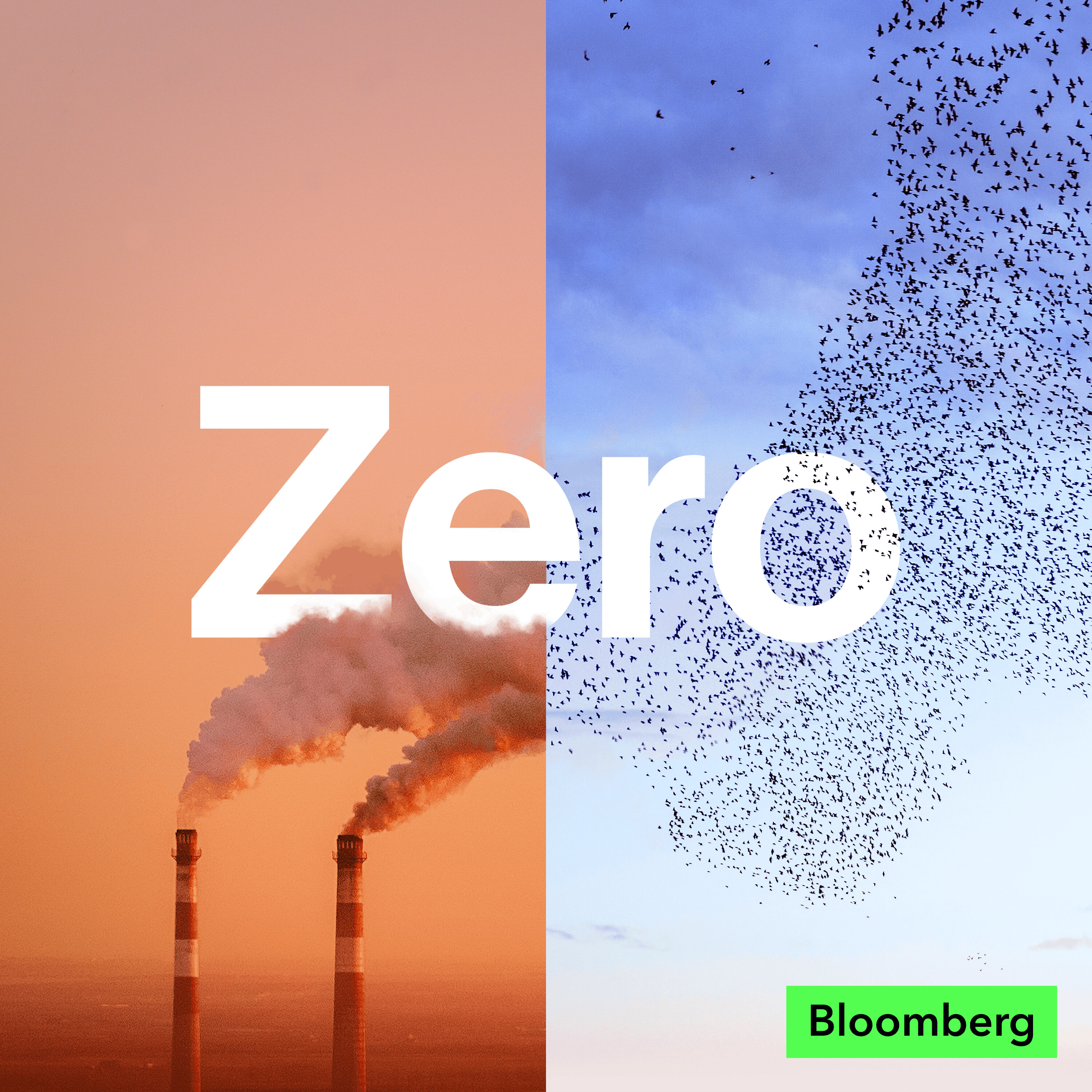Best of: How the ‘rich man’s energy club’ became a climate champion
Description
This week, the International Energy Agency published its flagship report: The World Energy Outlook. It's hundreds of pages long and makes some bold claims. It says in the year 2030, there will be 10 times as many electric cars on the road as today, 80% of all new power generation will be solar or wind, and demand for fossil fuels – coal, oil and gas – will have peaked.
The report is dominating climate news because what the IEA says makes a big difference to how governments tweak their energy policies. But how did an organization formed by a handful of countries in response to the 1973 oil crisis come to hold so much influence over our response to the climate crisis?
For the answer, this week we’re revisiting one of our favorite episodes: an interview with Fatih Birol, the head of the IEA. As we approach COP28, hosted by an oil power and led by the CEO of an oil company, it’s good to understand how international organizations can be successfully transformed in the face of climate change.
Read more:
Read the World Energy Outlook
Global Oil Demand to Reach Its Peak This Decade, IEA Says— Bloomberg
Want to know more about the IEA story? Order Akshat’s book, Climate Capitalism, here.
Read a transcript of this episode here
Zero is a production of Bloomberg Green. Our producer is Oscar Boyd and our senior producer is Christine Driscoll. Special thanks this week to Eric Roston, Kira Bindrim and Will Mathis. Thoughts or suggestions? Email us at [email protected]. For more coverage of climate change and solutions, visit https://www.bloomberg.com/green.
See omnystudio.com/listener for privacy information.
More Episodes
Five years ago, the Green Party celebrated its best-ever results in European elections, ushering in a new era of legislative progress But Covid-19, inflation, supply chain woes and Russia’s war in Ukraine stalled its ambitions. Now, in the face of lagging poll numbers, Dutch Member of European...
Published 05/09/24
Published 05/09/24
Africa currently loses between $7 billion and $15 billion a year because of climate change. If that trend continues, the sum could reach $50 billion by 2030. But African Development Bank President Akinwumi Adesina sees a way forward. He describes the financial instruments the bank is using to...
Published 05/02/24


